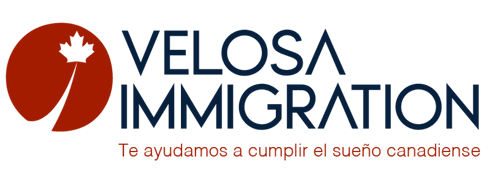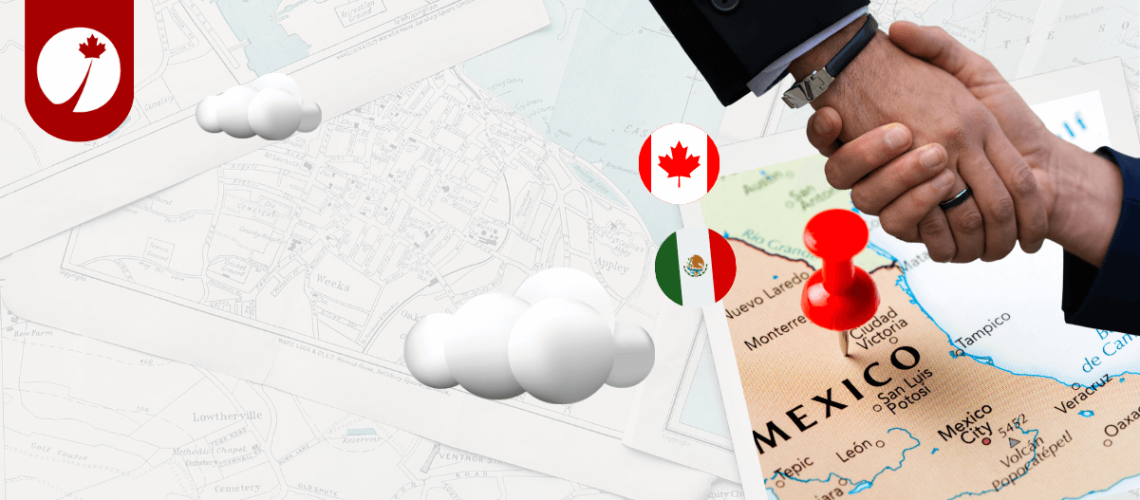Did you know that a treaty between the 3 north American countries Mexico, The United States, and Canada exists which benefits the citizens of these three countries seeking to work in North America.
The CUSMA agreement is a free trade agreement between the three countries, signed on November 30, 2018, and came into effect on July 1, 2020, replacing the North American Free Trade Agreement (NAFTA). CUSMA is designed to modernize and update NAFTA, which was in place for over 25 years. The agreement includes provisions related to trade in goods and services, investment, intellectual property, labor, and the environment. CUSMA also includes new rules of origin for certain products, such as automobiles, and updated provisions for e-commerce and digital trade.
The goal of CUSMA is to create a more level playing field for businesses in the three countries, while also providing consumers with greater choice and more affordable goods and services. It is also intended to promote economic growth, job creation, and higher wages in the three countries.
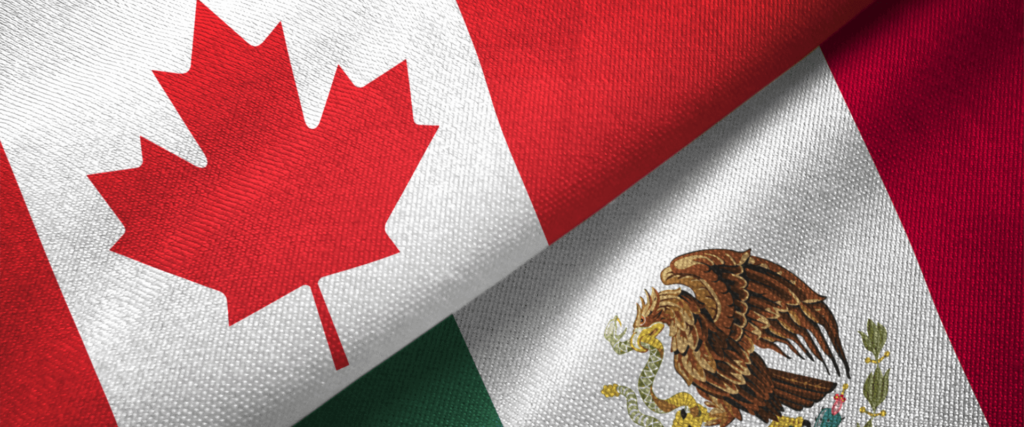
But how does this benefit Mexican citizens that wish to work in Canada?
CUSMA includes provisions related to the temporary entry of business persons, which can benefit people from Mexico who want to work in Canada or vice versa. Under CUSMA, certain categories of business persons, such as professionals, intra-company transferees, and traders and investors, are eligible for temporary entry into Canada, the United States, or Mexico for business purposes.
For example, a Mexican national who is a professional in a field such as accounting, engineering, or law may be eligible to work temporarily in Canada if they meet certain criteria, such as having a job offer from a Canadian employer and possessing the necessary qualifications and experience. Similarly, a Canadian business person who is an investor or trader may be eligible to enter Mexico temporarily to conduct business.
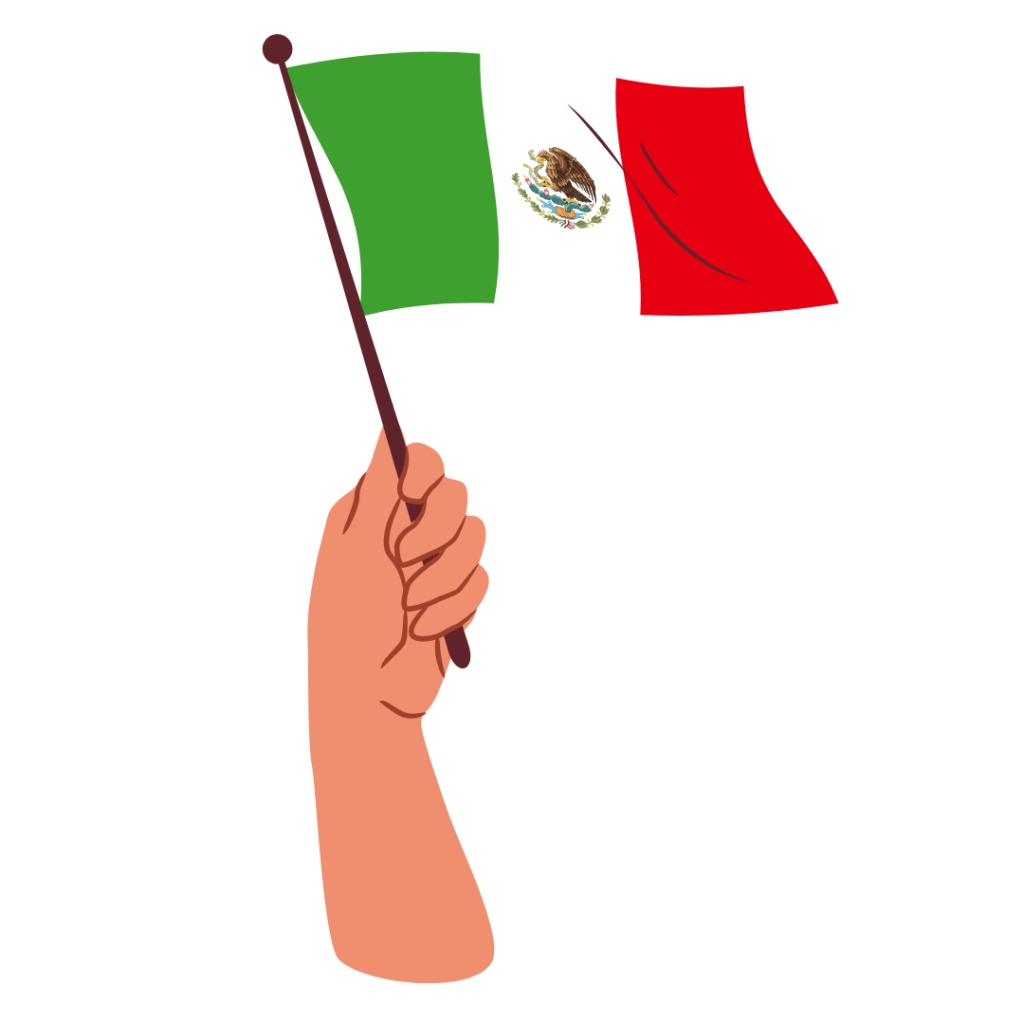
CUSMA also includes provisions related to labor rights and protections, which can benefit workers in all three countries, including those who are seeking temporary entry for work purposes. For example, the agreement includes provisions related to minimum wage, collective bargaining, and workplace safety, which can help to ensure that workers are treated fairly and that their rights are protected.
Overall, CUSMA is intended to facilitate greater economic integration and cooperation between the three countries, which can create more opportunities for people from Mexico who want to work in Canada or vice versa.
What occupations are covered under the CUSMA agreement?
The agreement includes specific categories of business persons who are eligible for temporary entry, subject to certain criteria and conditions. The professions covered under the CUSMA agreement are generally known as “professional” or “business” categories. Some examples of professions covered under the agreement include:
- Accountants
- Engineers
- Computer systems analysts
- Graphic designers
- Management consultants
- Scientific technicians/technologists
- University professors
- Medical professionals, such as doctors and nurses
- Research and development professionals
- Architects
- Dentists
- Veterinarians
- Environmental scientists
- Social workers
Each profession has specific criteria and requirements that must be met in order for the business person to be eligible for temporary entry under the agreement. These criteria may include having a degree or certification in the relevant field, possessing a certain level of work experience, and having a job offer from a company in the destination country.
Can a temporary worker hired under the CUSMA agreement come with their family?
Yes, under the CUSMA agreement, certain categories of business persons who are eligible for temporary entry, including professionals and intra-company transferees, are generally allowed to bring their immediate family members with them to Canada, the United States, or Mexico.
Immediate family members are defined as a spouse or common-law partner, as well as any dependent children who are under the age of 22 and not married or in a common-law relationship themselves. In order for the family members to accompany the business person, they would need to apply for the appropriate temporary resident visas or permits, and meet the eligibility criteria for those visas or permits. This may include providing documentation of their relationship to the business person, as well as proof of financial support and other requirements.
It is important to note that each country may have its own specific requirements and processes for allowing family members to accompany business persons.
Are only Mexican citizens eligible under CUSMA or also permanent residents ?
Under the CUSMA agreement, only citizens of Canada, the United States, and Mexico are eligible for the temporary entry provisions for business persons. This means that individuals who are permanent residents of Canada, the United States, or Mexico, but are not citizens of one of these countries, would not be eligible for temporary entry under the CUSMA agreement.
Can the experience gained count to obtain permanent residence in Canada ?
The experience gained by working in Canada under the CUSMA agreement can potentially count towards obtaining permanent residence in Canada. However, it would depend on a number of factors, including the specific immigration program or category that the individual is applying under, as well as the duration and nature of their work experience in Canada.
For example, if a Mexican national comes to Canada as a professional under the CUSMA agreement and works in Canada for a certain period of time, they may be eligible to apply for permanent residence under programs such as the Canadian Experience Class (CEC) or the Federal Skilled Worker Program (FSWP), which require applicants to have Canadian work experience.
However, the individual would need to meet all of the other eligibility criteria for these programs, such as language proficiency, education, and work experience in a qualifying occupation. Additionally, they would need to meet any other requirements specific to the program they are applying under.
It is important to note that the specific rules and requirements for Canadian immigration programs are subject to change, and it is always advisable to consult with a qualified immigration professional for the most up-to-date information and advice on immigration matters.
If you wish to know more about this program please book a consultation with one of our regulated immigration consultants:
